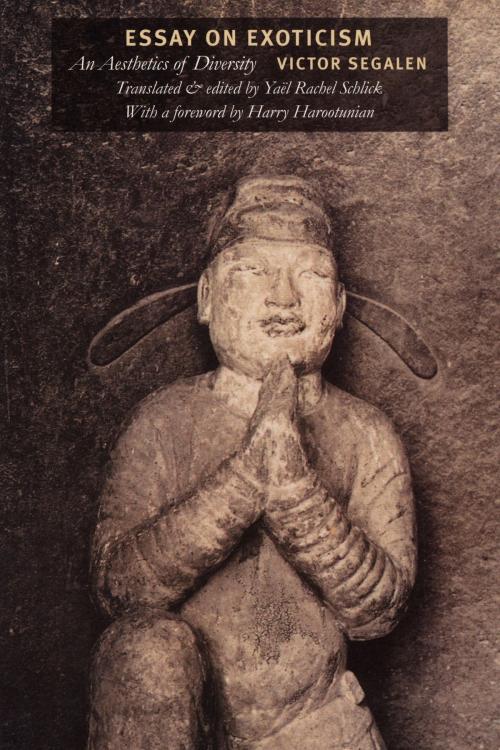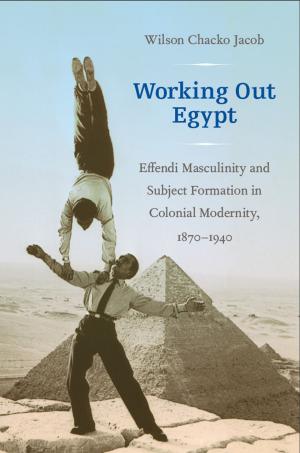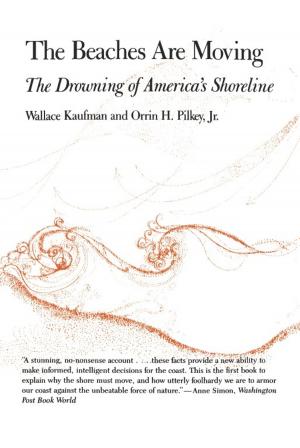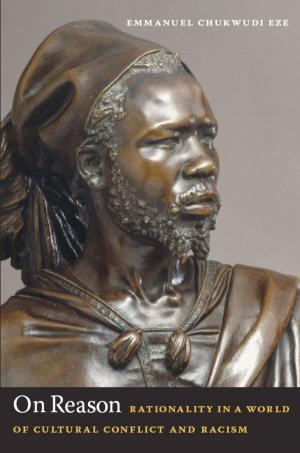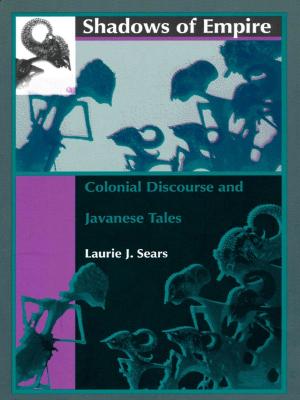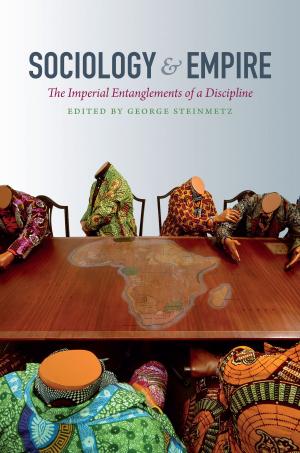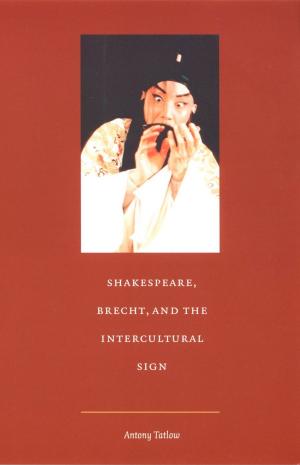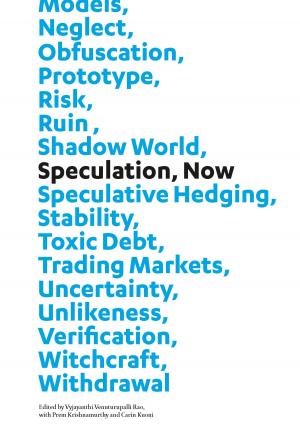Essay on Exoticism
An Aesthetics of Diversity
Nonfiction, Religion & Spirituality, Philosophy, Aesthetics| Author: | Victor Segalen, Stanley Fish, Fredric Jameson, Harry Harootunian | ISBN: | 9780822383727 |
| Publisher: | Duke University Press | Publication: | January 3, 2002 |
| Imprint: | Duke University Press Books | Language: | English |
| Author: | Victor Segalen, Stanley Fish, Fredric Jameson, Harry Harootunian |
| ISBN: | 9780822383727 |
| Publisher: | Duke University Press |
| Publication: | January 3, 2002 |
| Imprint: | Duke University Press Books |
| Language: | English |
The “Other”—source of fear and fascination; emblem of difference demonized and romanticized. Theories of alterity and cultural diversity abound in the contemporary academic landscape. Victor Segalen’s early attempt to theorize the exotic is a crucial reference point for all discussions of alterity, diversity, and ethnicity.
Written over the course of fourteen years between 1904 and 1918, at the height of the age of imperialism, Essay on Exoticism encompasses Segalen’s attempts to define “true Exoticism.” This concept, he hoped, would not only replace nineteenth-century notions of exoticism that he considered tawdry and romantic, but also redirect his contemporaries’ propensity to reduce the exotic to the “colonial.” His critique envisions a mechanism that appreciates cultural difference—which it posits as an aesthetic and ontological value—rather than assimilating it: “Exoticism’s power is nothing other than the ability to conceive otherwise,” he writes.
Segalen’s pioneering work on otherness anticipates and informs much of the current postcolonial critique of colonial discourse. As such Essay on Exoticism is essential reading for both cultural theorists or those with an interest in the politics of difference and diversity.
The “Other”—source of fear and fascination; emblem of difference demonized and romanticized. Theories of alterity and cultural diversity abound in the contemporary academic landscape. Victor Segalen’s early attempt to theorize the exotic is a crucial reference point for all discussions of alterity, diversity, and ethnicity.
Written over the course of fourteen years between 1904 and 1918, at the height of the age of imperialism, Essay on Exoticism encompasses Segalen’s attempts to define “true Exoticism.” This concept, he hoped, would not only replace nineteenth-century notions of exoticism that he considered tawdry and romantic, but also redirect his contemporaries’ propensity to reduce the exotic to the “colonial.” His critique envisions a mechanism that appreciates cultural difference—which it posits as an aesthetic and ontological value—rather than assimilating it: “Exoticism’s power is nothing other than the ability to conceive otherwise,” he writes.
Segalen’s pioneering work on otherness anticipates and informs much of the current postcolonial critique of colonial discourse. As such Essay on Exoticism is essential reading for both cultural theorists or those with an interest in the politics of difference and diversity.
